Conference Speakers

Safwan M. Masri
Safwan M. Masri is the Dean of Georgetown University in Qatar and a Distinguished Professor of the Practice at Georgetown’s Walsh School of Foreign Service. Before joining Georgetown in October 2022, Professor Masri served as Executive Vice President for Global Centers and Global Development at Columbia University and was a Senior Research Scholar at Columbia’s School of International and Public Affairs. Prior to that, he held the position of Vice Dean and Professor at Columbia Business School, and previously taught engineering at Stanford University. He was also a visiting professor at INSEAD (Institut Européen d’Administration des Affaires).
Dean Masri is the author of Tunisia: An Arab Anomaly (Columbia University Press, 2017). He is a lifetime member of the Council on Foreign Relations and an honorary fellow of the Foreign Policy Association. He is the founding chairman of King’s Academy and Queen Rania Teacher Academy in Jordan. Currently, he serves as a trustee of International College in Beirut and is a director of AMIDEAST and Endeavor Jordan.
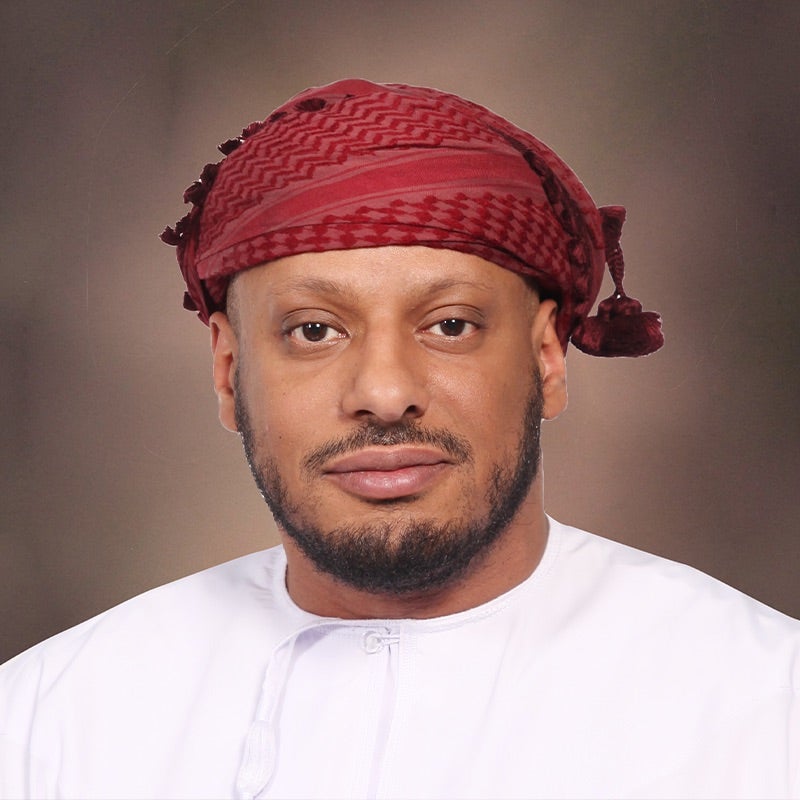
Salim Al-Barami
Salim Albarami is a strategic visionary and digital transformation expert currently pursuing his Doctorate in Business Administration at Hult International Business School, focusing on Leveraging AI for Workforce Development Enhancing Employability in Qatar’s Private Sector. As Strategic Planning and Digital Transformation Advisor to Qatar’s Ministry of Labour, Salim has driven multiple award-winning initiatives, including an AI-based Nationalization algorithm and platforms recognized for their transformative social impact. Recently, his efforts led to the Ministry winning the Best Transformative AI Solution for Social Impact at the Middle East Enterprise AI and Analytics Summit.
Among Salim’s significant contributions is the establishment of Qatar’s Labour Market Information System (LMIS), a groundbreaking tool that integrates advanced AI and data science to monitor and analyze employment trends. This system enables precise skill gap analysis and strengthens Qatar’s labor market infrastructure, supporting informed decision-making across public and private sectors.
Salim also launched Ouqoul, an innovative AI-powered employment platform that connects Qatar’s private sector companies with expatriate graduates from Qatar based universities. Designed in collaboration with Google Cloud, Ouqoul covers the entire employment process, featuring tailored interfaces for graduates and companies and a centralized matching system to optimize skill alignment with market demands.
In addition to his governmental impact, Salim’s entrepreneurial pursuits include founding Gulflytics, a data consultancy in Oman, and leading strategy at DeepTechSolutions in Switzerland. Fluent in Arabic and English. Salim’s expertise in AI, data science, and strategic development positions him as an influential figure in technology-driven public sector innovation in the Middle East.
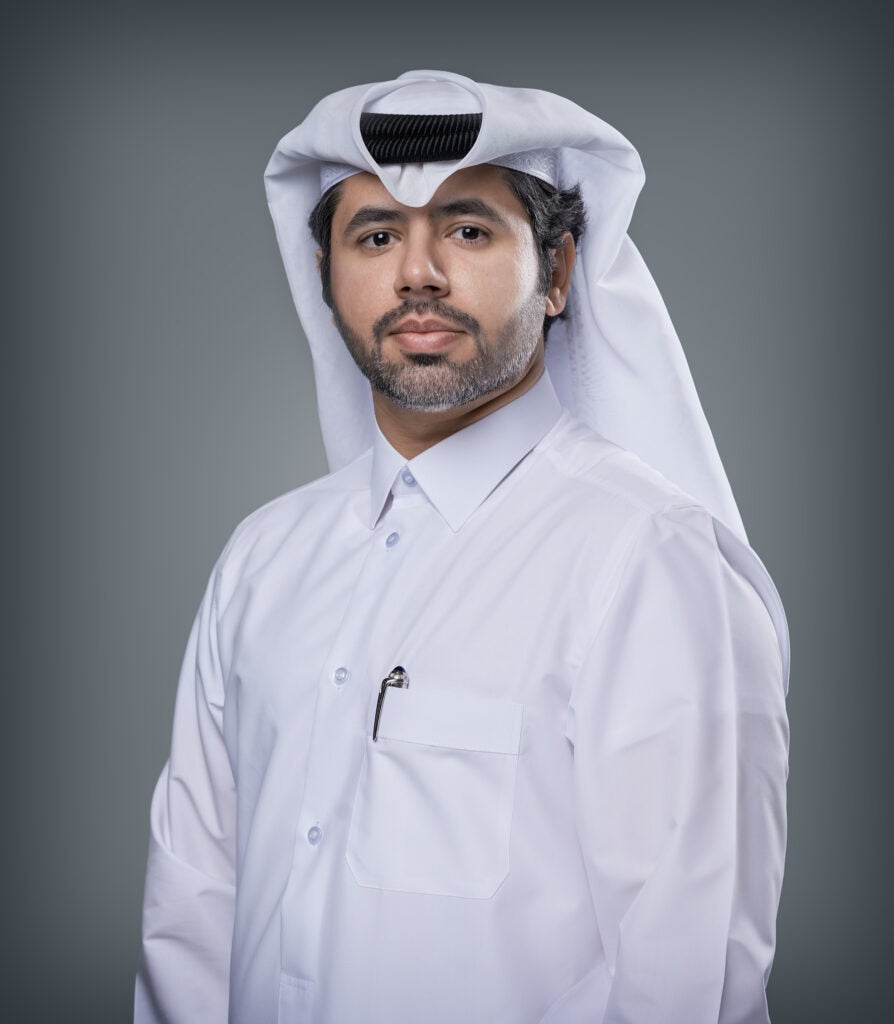
Mohammed Al-Hardan
Mohammed Al-Hardan is currently the Head of QIA’s Technology, Media, and Telecommunications (TMT) investments department. Since 2016, Mohammed has been part of the TMT department, where he is now responsible for investments across Software & Services, Internet & Media, and the Semiconductor, Hardware, and Communications sectors globally.
Since joining QIA in 2009, Mohammed has worked in various roles across the direct and indirect investment teams, including the Funds Investment Department and the Infrastructure Investments Department. Mohammed currently represents QIA on the boards of Qatar National Broadband Network (QNBN), Gulf Bridge International (GBI), Malomatia, Qatar Satellite Company (Eshailsat), and Meeza.
He holds a Bachelor of Science degree in Business Administration with a focus on Finance, Entrepreneurship, and Strategy from Carnegie Mellon University. He is also a CFA charter holder.
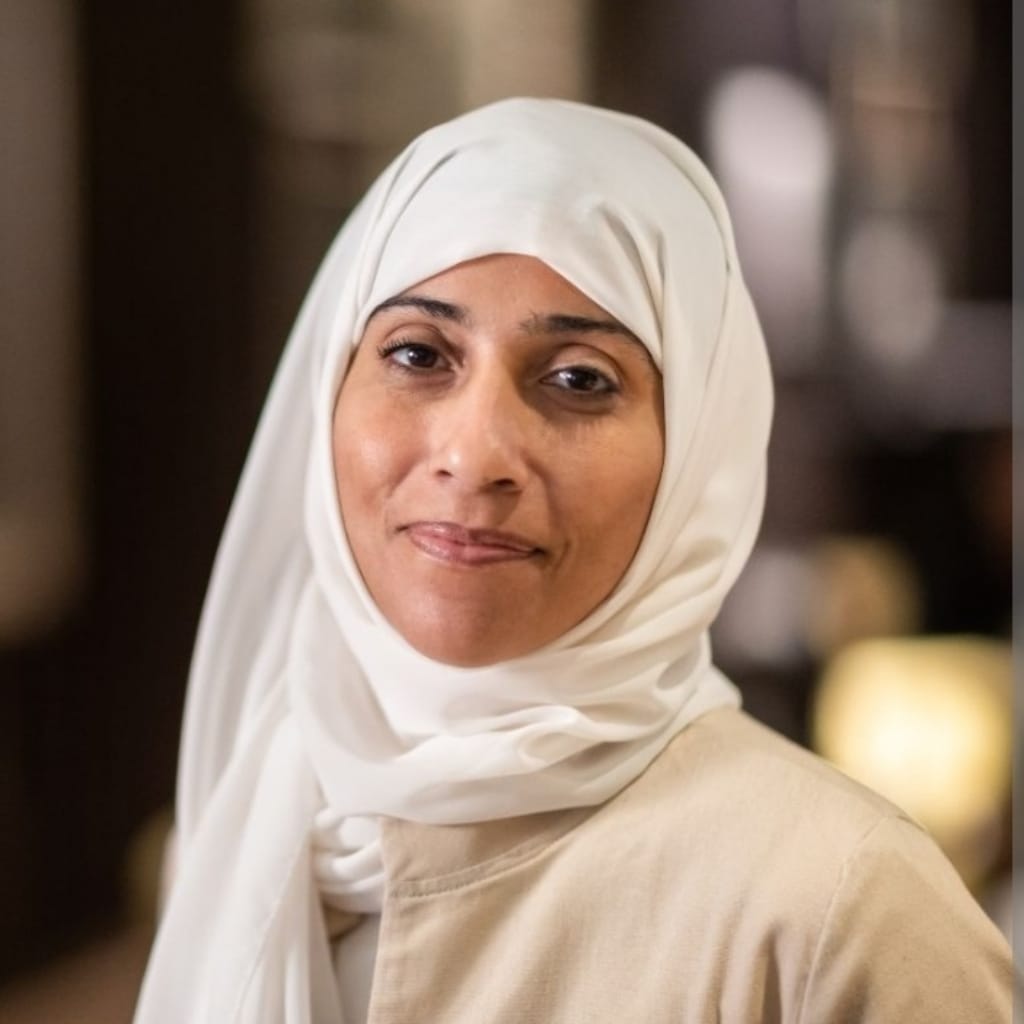
Dr. Hoda Alkhzaimi
Dr. Hoda Alkhzaimi is a highly regarded Strategic Economic and Investment Advisor with over two decades of experience at the intersection of advanced science, industry, research and technology, economic strategy, and international investments. She spent the first 12 years of her career in sovereign wealth funds, developing diversified long-term assets in advanced industries, sciences, and new economic zones. Throughout her career, she has consistently secured substantial funding to drive industrial development, research, and innovation, enabling the establishment of highly skilled R&Ds, cross-sector teams and advancing cutting-edge projects across various sectors.
Dr. Alkhzaimi serves as the Associate Vice Provost for Research Translation and Innovation and Research Assistant Professor at New York University Abu Dhabi (NYUAD), where she leads initiatives that transform research into market-driven industries by fostering collaboration between academia, industry, and government. As the Principal Investigator, Founding Member, and Director Emeritus of the Center for Cyber Security at NYUAD, Dr. Alkhzaimi and her team were catalysts in building a diverse research ecosystem in cybersecurity, driving innovation and advancing knowledge in this critical field for the UAE. She is also the Founder and Director of Emeratsec, a center focused on prototyping emerging industries and technologies as in yet not limited to AI, cryptography, and security. She is as well a Founding Partner of Bluverse Ventures, an international venture capital firm investing in converging and emerging industries in global markets.
Her expertise spans economics development, investments and advanced industries development and emerging technologies as in AI, cryptology, quantum security and economy, metaverse security, hardware security, and other advanced technologies. Dr. Alkhzaimi has built robust cryptology research ecosystems and led ventures focused on both hardware and software R&D for emerging technologies. Her work extends across cryptology, cryptanalysis, AI, big data, and security architecture, with a particular focus on space, aerospace, UAVs, autonomous systems, and cybersecurity. She has made significant contributions to cryptographic solutions and enhanced cybersecurity in areas such as the Internet of Things (IoT), AI-driven security analytics, and the quantum economy. She as well contributed to regulatory recommendations on an international level as well as valuation efforts of financial and digital assets as well as others pertaining to new economies.
Her focus on Sustainable Development Goals-based investments aligns with her expertise as she currently serves on multiple capacities as a co-chair and contributing member for the World Economic Forum Global Future Councils, and as a strategic advisor for the BRICS advisory councils, the G20 trade initiatives as in startup 20 and T20 in G20 Global Task Forces. As well as the UN units under the International Telecommunication Union, UNICEF, and Band of International Settlement, International Monetary Fund and World Bank where she works on shaping policies, trade, and regulatory sandboxes related to converging and emerging industries, economic development, and trade sustainability.
Drawing upon her subject matter expertise, economic acumen, and strategic vision around “the art of the possible”, Dr. Hoda holds positions on numerous international and local industrial boards, is part of various investment funds and committees and the co-founder of multiple startups in deep technology and other emerging markets prospects. Building on her experience in leading tech-based industrial investments as well as strategic economic development projects for advanced industries, Dr. Hoda also serves as an advisor on emerging technologies for the boards of lead global industries as Jaguar and Land Rover in the United Kingdom and Tata Group in India in Tata one initiative, and joint projects and initiatives with Emirates, ROBLOX, Google, Meta, TikTok, Schnider Electric and Snapchat and others as well as international governmental boards in economic and industrial development.
Dr. Hoda’s publications span a diverse spectrum, including emerging technologies, industries, and economic insights. As a sought-after speaker, Dr. Alkhzaimi frequently shares insights at global events such as WEF Davos, the UNICEF AI Summit, and Technical and Scientific global forums. Dr. Hoda holds a Master of International Business Law from Paris-Sorbonne University, a Master of Science in Financial and Business Big Data Analytics from ESCP, an Executive MBA from the London Business School, a doctorate in Computer Science and Mathematics from Denmark Technical University, a Master of Security, Cryptology, Information Coding and Mathematics from Université de Grenoble and Université Josef Fourier in France and a Bachelor of Science from the United Arab Emirates University.
As an advocate for women in STEM, she is the President of the Emirates Digital Association for Women ,Ambassador Emeritus and CEO for Women in Artificial Intelligence, promoting inclusivity and sustainable economic development, Ambassador Emeritus of Arab Women in Computing, Ambassador Emeritus of The international Network of Women in Engineering and Science.
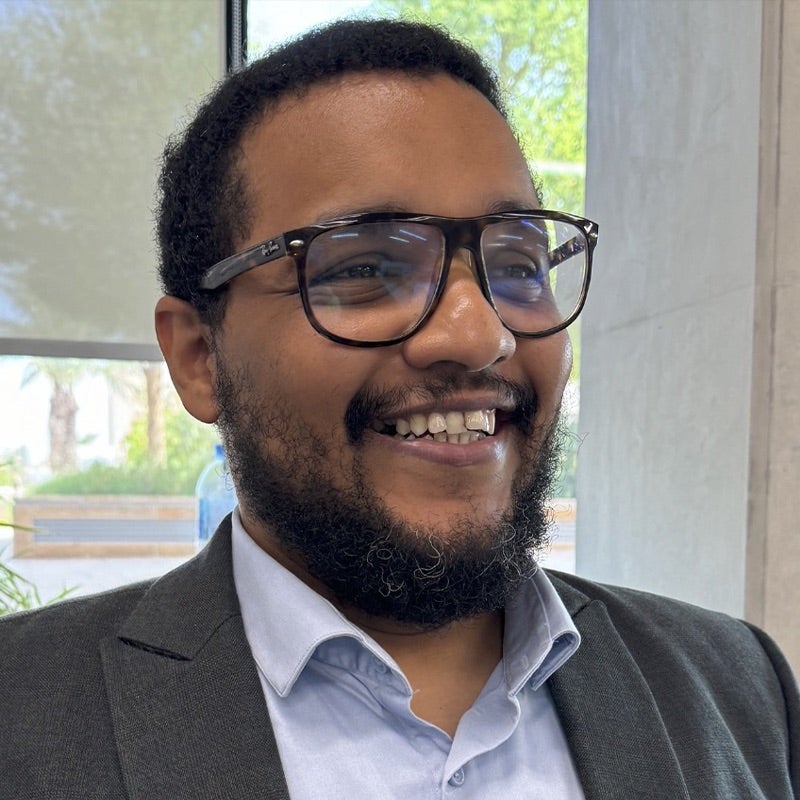
Dr. Muez Ali
Muez Ali is a Research and Policy Lead at Earthna: Center for a Sustainable Future at Qatar Foundation and an Honorary Research Fellow at the Bartlett School of Environment, Energy and Resources at UCL, London. His research activities and interests span food security, climate change in the MENA region and Sub-Saharan Africa, electrification and energy access, and the political economy of knowledge production and development. On Sudan, his research focuses on social and economic policy, and civil society and governance.
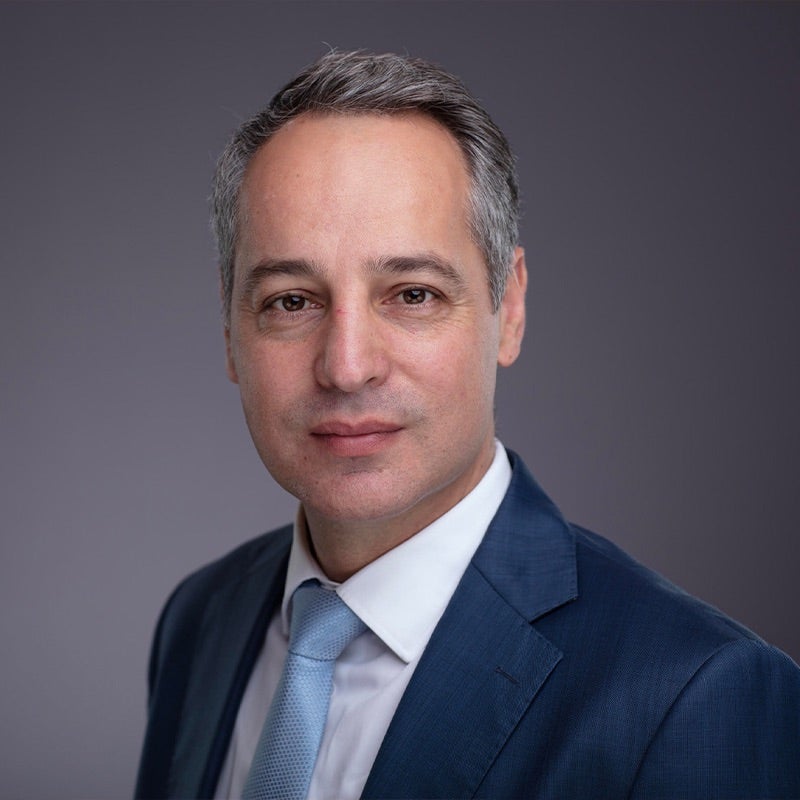
Dr. Alexis Antoniades
Dr. Alexis Antoniades is Professor, Director, and Chair of International Economics at Georgetown University in Qatar. A Fulbright scholar with a Ph.D. in economics from Columbia University, he is an expert on global markets and a leading authority on the economies of the Gulf countries. His current research is on big data, AI, and labor markets. Among other grants, Dr Antoniades is the recipient of a $1,050,000 grant to undertake the first micro-study on the economies of the Gulf Countries and an $867,000 grant to conduct sentiment analysis on Arabic chatter on twitter. Prof Antoniades previously worked at the Federal Reserve Bank of New York and at Princeton University, as the recipient of the prestigious Niehaus Fellowship. In his sixteen years in Qatar, Dr. Antoniades frequently advises the leadership of both public and private sector organizations.
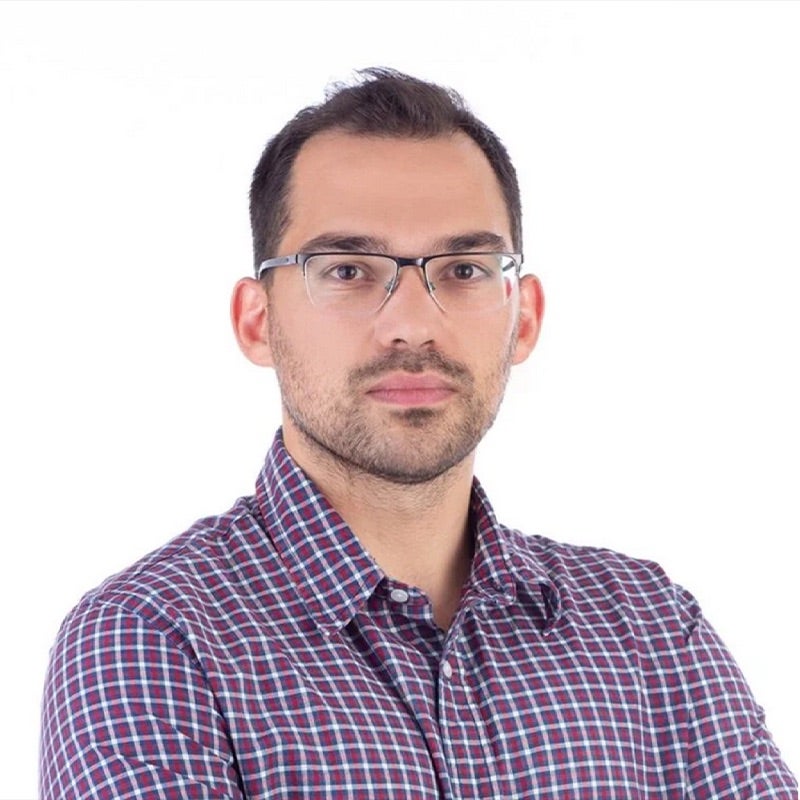
Dr. Emmanouil Chatzikonstantinou
Dr. Emmanouil Chatzikonstantinou is an Assistant Professor of International Economics in Georgetown University Qatar. In his research, he uses detailed microdata and economic modelling to explore the impact of innovative and labor market decisions of firms. The focus of this research is to understand how firms adopt new inventions, especially Information Technology and Artificial Intelligence, and how these adoption dynamics affect global competition, international trade, productivity dynamics and worker labor outcomes. Dr. Emmanouil is currently working on big data projects combining several data sources from customs and multinational firms information, along with firm spending patterns in Information Technology capital to understand the impact of innovation on the expansion of multinational firms and the rise of global goliaths in supply chains. In addition, in several other projects, Dr. Emmanouil leverages big data techniques and online job vacancies; to understand the demand for new skills and the impact these new skills have on local economies’ productivity, worker outcomes through the transformation of occupations and prospective workers through their higher education choices. Dr. Emmanouil is currently a recipient of two QRDI grants : he serves as a principal investigator of ARG01-0524-230314 (Industrial Policy for Digital Development (IPDD) Project: Digitalization, Sustainability and National Security in the New Geoeconomic Order) and he serves as a Primary Research Mentor for UREP31-277-5-038 (Qatar After FIFA World Cup 2022: Comparative Study on the Economic Impact of Major Sporting Events). Dr. Emmanouil received his Ph.D. in Economics at the University of California, Los Angeles (UCLA) and holds degrees in Applied Mathematics from the National Technical University of Athens and Accounting and Finance in Athens University of Economics and Business.
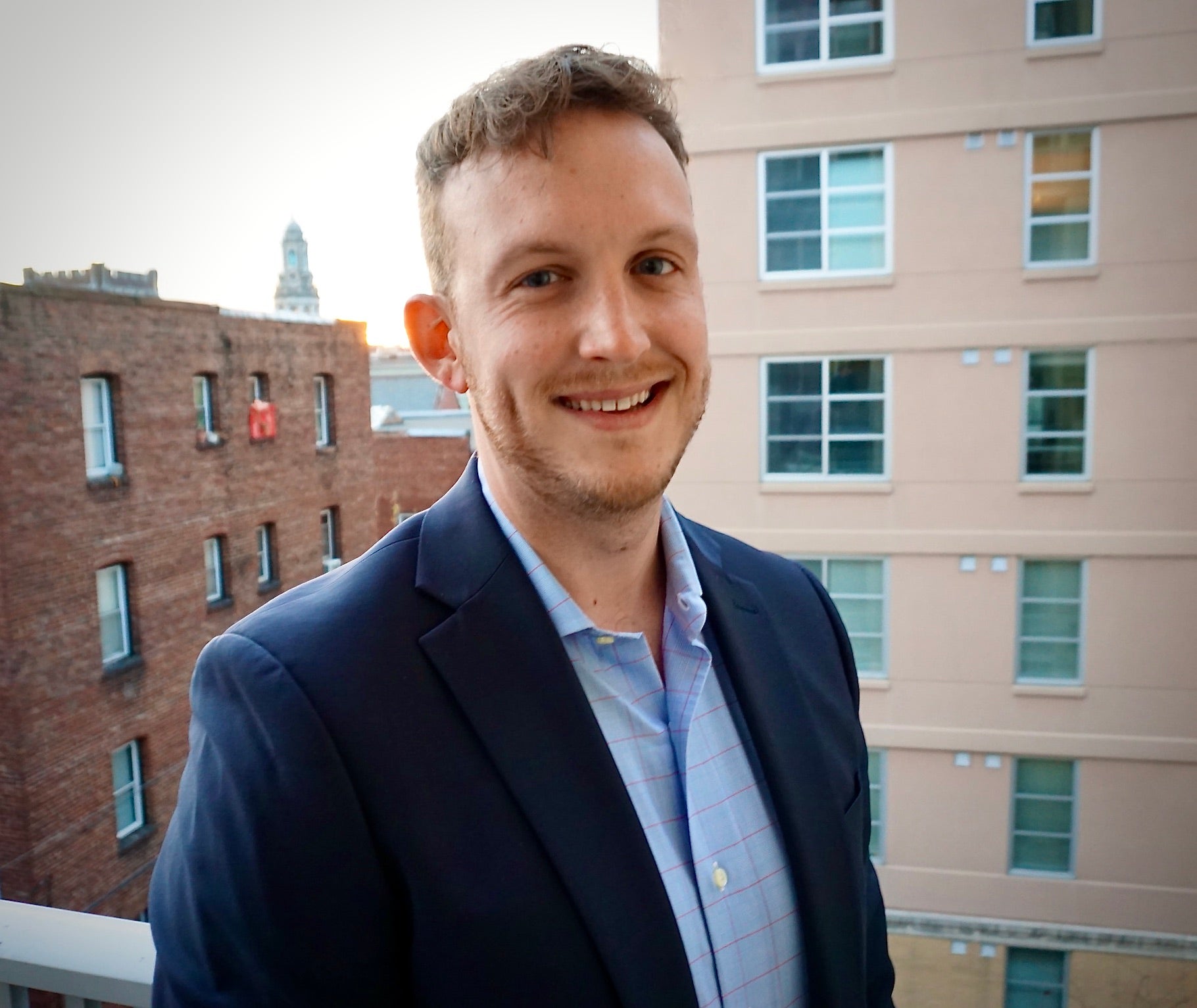
Owen J. Daniels
Owen J. Daniels is Associate Director of Analysis and Andrew W. Marshall Fellow at Georgetown’s Center for Security and Emerging Technology (CSET), where he works on military and AI governance issues and helps manage the organization’s Analysis Team. Prior to joining CSET, he worked in the Joint Advanced Warfighting Division at the Institute for Defense Analyses (IDA), where he researched the ethical implications of artificial intelligence and autonomy, autonomous weapons norms, and operational concepts, among other issues. He has also worked as an Associate Director in the Atlantic Council’s Scowcroft Center for Strategy and Security and as a defense researcher at Aviation Week Magazine. He was a 2022-2023 Penn Kemble Forum Fellow at the National Endowment for Democracy, and his 2022 research paper, “The ‘AI RMA’: The Revolution Has Not Arrived Yet,” won the Andrew W. Marshall Foundation’s 2022 paper prize. Owen’s short-form analysis has appeared in various outlets, including in Foreign Affairs, Fortune, Time, Lawfare, Politico, The Bulletin of Atomic Scientists, Breaking Defense, The National Interest, The Diplomat, Axios, War on the Rocks, and The Hill, among others. He is currently researching and writing a book for Polity Press on artificial intelligence and revolutions in military affairs. Owen attended Princeton University, where he majored in International Relations with minors in Arabic Language and Near Eastern Studies, and is a Master’s in Public Policy candidate at Georgetown University’s McCourt School of Public Policy.
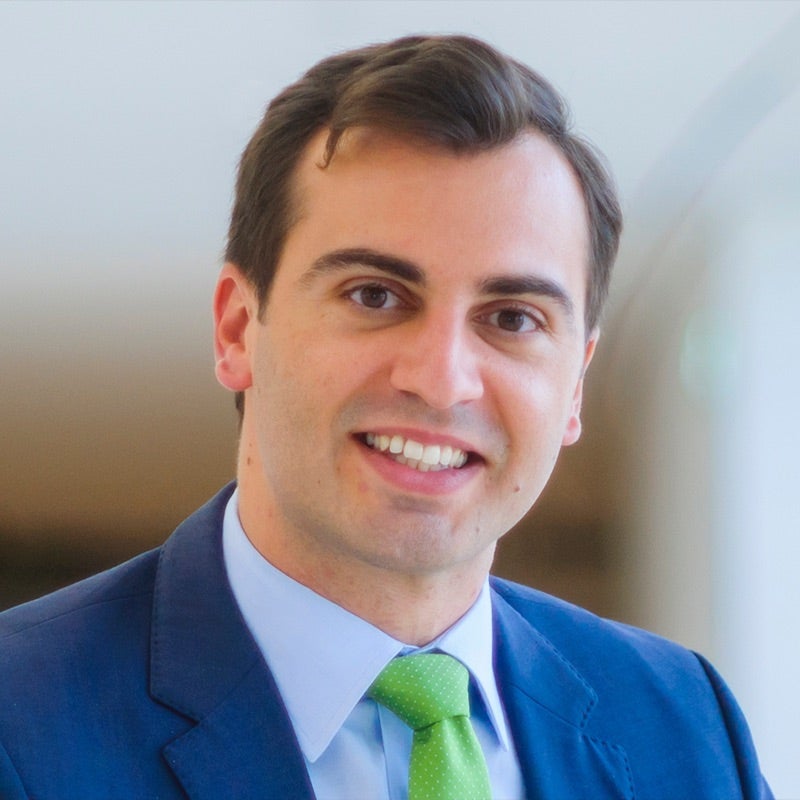
Georgios Dimitropoulos
Georgios (George) Dimitropoulos is an Associate Professor of Law, as well as Associate Dean for Research and S.J.D. Program Coordinator at HBKU College of Law. He is also an Adjunct Associate Professor at Georgetown University in Qatar (GU-Q). He holds the position of Vice Chair of the American Society of International Law (ASIL) International Law & Technology Interest Group.
George studied law at the University of Athens, and holds an LL.M. and J.S.D. from Yale Law School, as well as an LL.M. and Ph.D. summa cum laude from the University of Heidelberg. Before joining HBKU he was a Senior Research Fellow at the Max Planck Institute Luxembourg and a Hauser Research Scholar at New York University (NYU) School of Law. He has held visiting positions at the Athens Public International Law Center (AthensPIL), Singapore Management University (SMU), the Université Catholique de Lyon (UCLy) and the Jigme Singye Wangchuck (JSW) School of Law in Bhutan. A major focus of his work has been the rise of new digital technologies and their interaction with traditional models of internal law. His work has appeared in journals such as the Washington Law Review, the University of Pennsylvania Journal of International Law, the Northwestern Journal of International Law & Business, the World Trade Review, and the Journal of International Economic Law. His recent books include Regulating Blockchain: Techno-Social and Legal Challenges (with Philipp Hacker, Ioannis Lianos and Stefan Eich eds. – Oxford University Press, 2019) and Digitilization, New Technologies and International Investment Law (with Panos Delimatsis and Anastasios Gourgourini eds. – Cambridge University Press, forthcoming 2025).
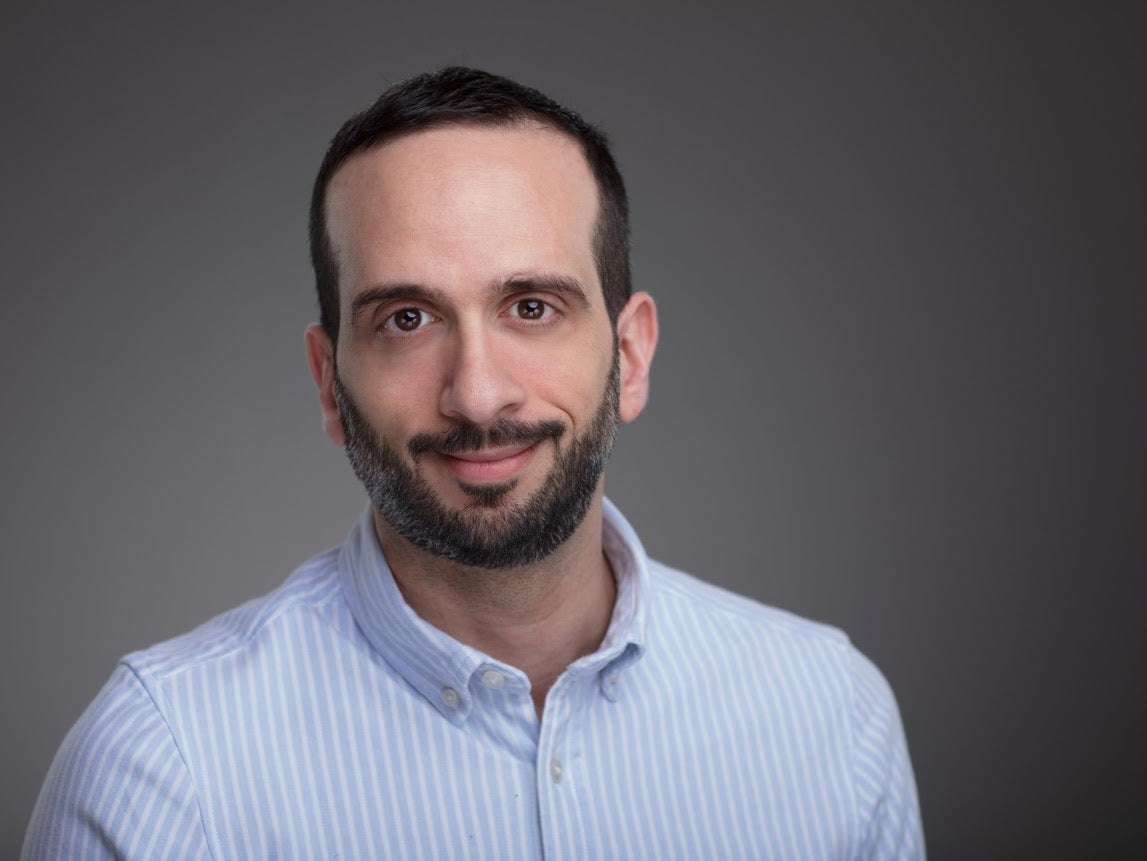
Dr. Santiago García-Couto
Santiago García-Couto is an Assistant Professor of Economics at Georgetown University in Qatar. His research interests lie in the areas of macroeconomics and labor economics. His current research agenda focuses on (i) how differences in the tasks that workers perform shape labor market outcomes, (ii) the determinants of students’ choices and how this influences human capital accumulation, and (iii) understanding the sources of gender gaps in the labor market.
Professor García-Couto is the recipient of a research grant from the National Agency for Research and Innovation (ANII), Uruguay, to study economic conditions and job prospects of high school student dropouts. He was also the recipient of the Doyle Faculty Fellowship from Georgetown University. He has taught courses in macroeconomics, microeconomics, monetary economics, and labor economics at Georgetown University in Qatar, Arizona State University, Universidad de la República (Uruguay), and Universidad Católica del Uruguay.
He has also worked as a research analyst at the Federal Reserve Bank of Minneapolis and the Central Bank of Uruguay and as a private consultant on topics labor markets, the financial system, consumer confidence, and macroeconomic analysis and forecasts.
Professor García-Couto received his Ph.D. in economics from Arizona State University.
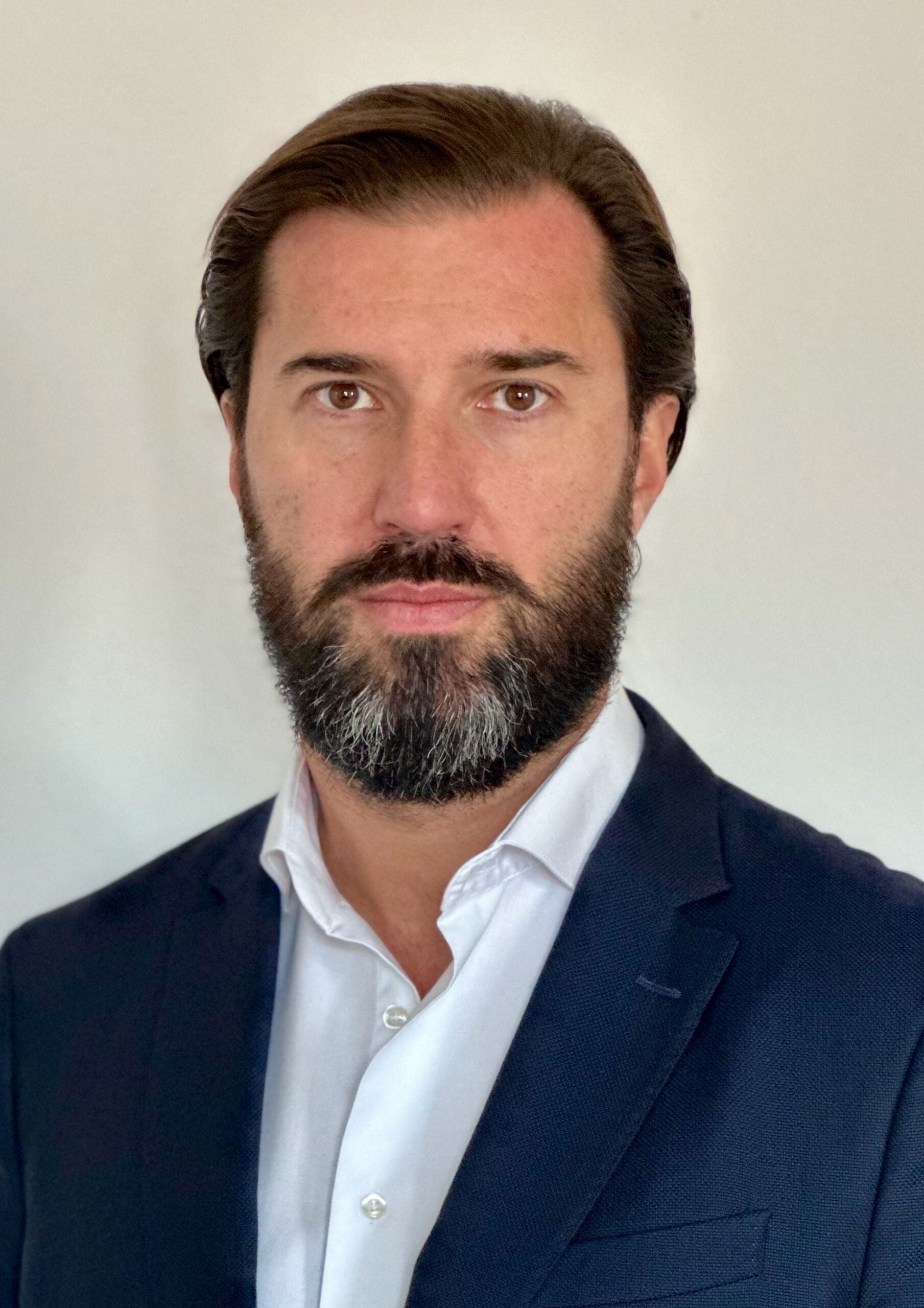
Dr. Pawel Gmyrek
Pawel Gmyrek is a Senior Researcher in the Effective Labour Institutions unit of ILO’s Research Department. His current work is focused on the impact of generative AI on employment and occupational structures and on the use of generative AI tools and large unstructured datasets for research purposes. He is a co-chair of the new AI for Good series on AI and Work. Pawel holds a Ph.D. in Political Science and International Relations from University of Geneva, Switzerland, and a Master’s degree from Warsaw School of Economics, Poland. He has been staff member of the International Labour Office since 2008 and published on topics related to multilateral funding, aid effectiveness, human rights and technology and jobs.
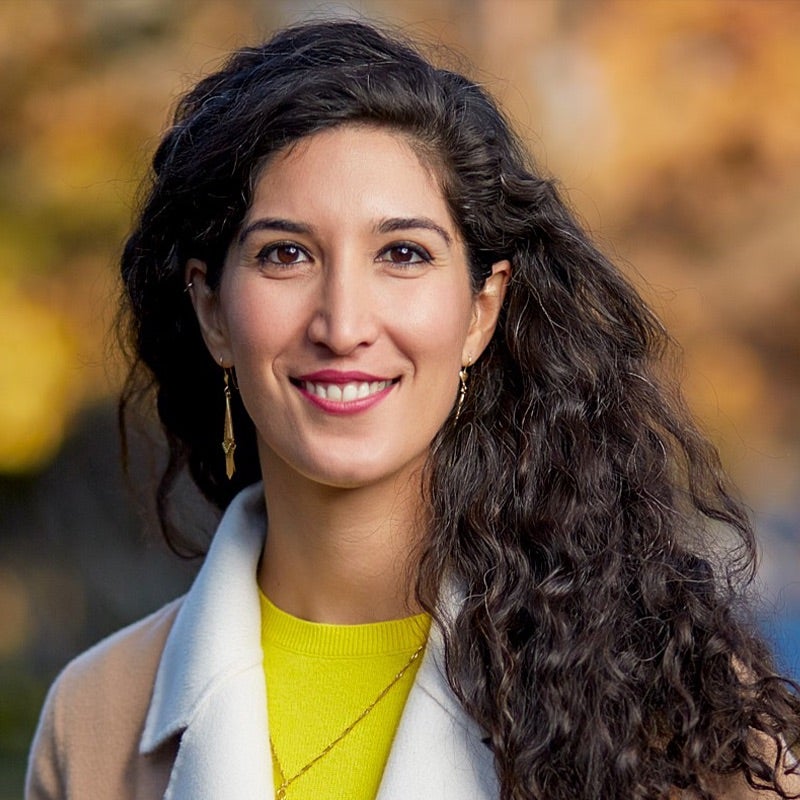
Dr. Raha Hakimdavar
Raha Hakimdavar is a Senior Advisor to the Deans of Georgetown University in Qatar and Georgetown University’s Earth Commons Institute, where she leads the development of innovative academic and research initiatives in environmental and sustainability fields. She is also an Adjunct Professor at Georgetown’s School of Foreign Service, a Non-resident Fellow at the Middle East Institute, and the CEO of Zyon Space, a tech startup developing climate adaptation solutions that merge satellite data with AI optimized models.
Previously, Dr. Hakimdavar was the Director of Space Sciences at Ball Aerospace, leading strategy and collaborations with NASA, NOAA, and the space sciences community. She has held civil servant appointments with the USDA and NASA. At the USDA Forest Service, she was the national watershed program hydrologist and acting national program lead for remote sensing and geospatial analysis research. Her leadership as a Presidential Management Fellow at the NASA Goddard Space Flight Center led to a revision of UN Environment’s reporting methodology for Sustainable Development Goal 6 and creation of a US Government wide global hydrology model for water security that is currently being operated by the US Air Force. She has advised UN Environment, the World Bank, and USAID on disaster risk reduction, water, and forestry.
Dr. Hakimdavar holds a B.S. in Civil Engineering from California State Polytechnic University and an M.S. and Ph.D. in Hydrology from Columbia University. She was a Fulbright Fellow in Water Management in the Netherlands and received the 2018 KLM Sustainability and Innovation Award.
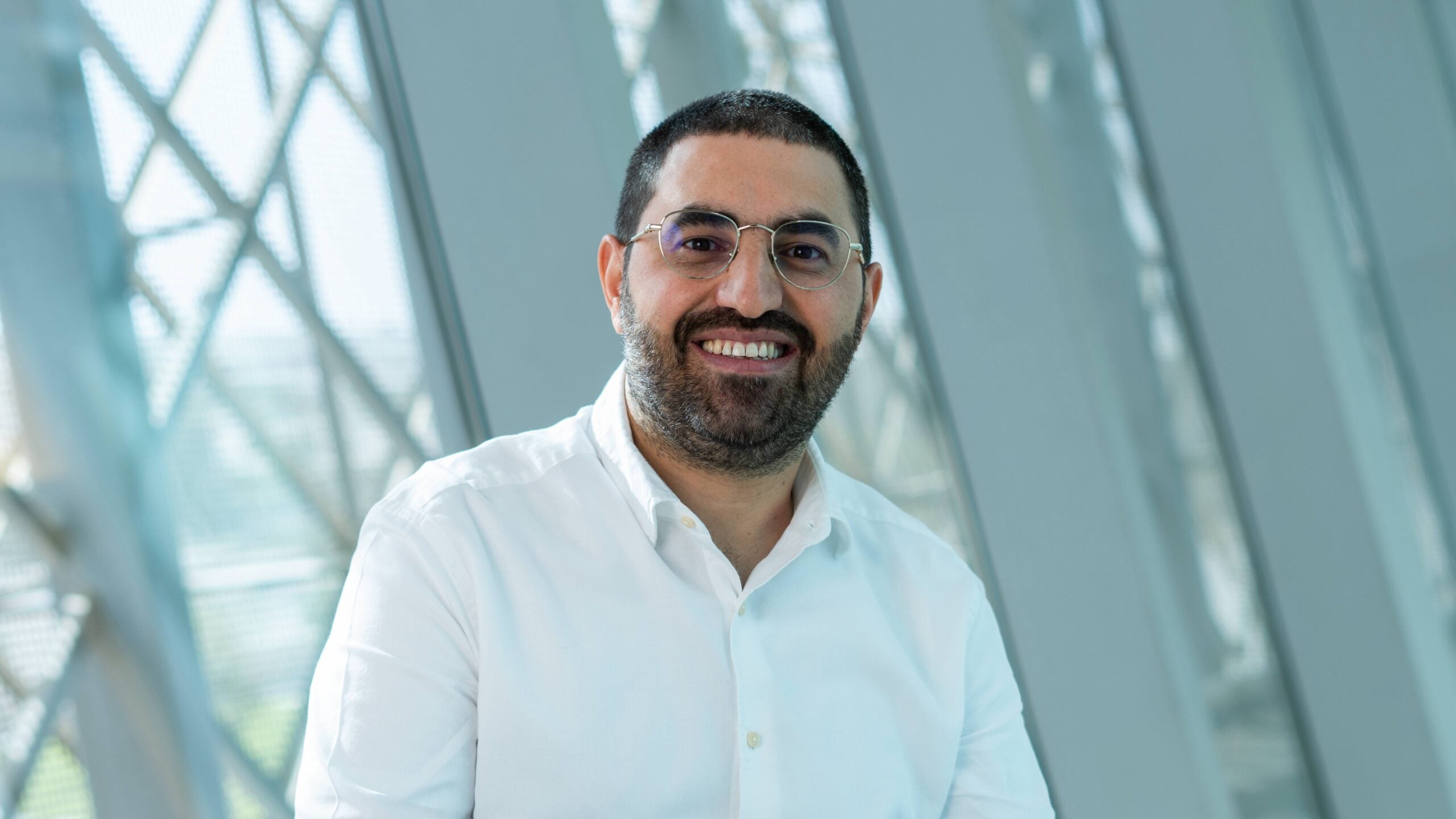
Dr. Mohammad Hammoud
Mohammad Hammoud is an Associate Teaching Professor at Carnegie Mellon University in Qatar (CMU-Q). He received his Ph.D. and M.S. in Computer Science from the University of Pittsburgh, USA. He has a broad interest in AI and computer systems. His current research focuses on designing and building scalable distributed systems for AI and NLP applications. Alongside research, Mohammad teaches various courses at CMU-Q, including distributed systems, AI for medicine, principles of computing, and entrepreneurship, among others. He is also the Founder & CEO of Avey, an AI startup at Qatar Science and Technology Park (QSTP), which has built a new safe, fast, accurate, and universally accessible AI-based medical diagnostic and coding ecosystem.
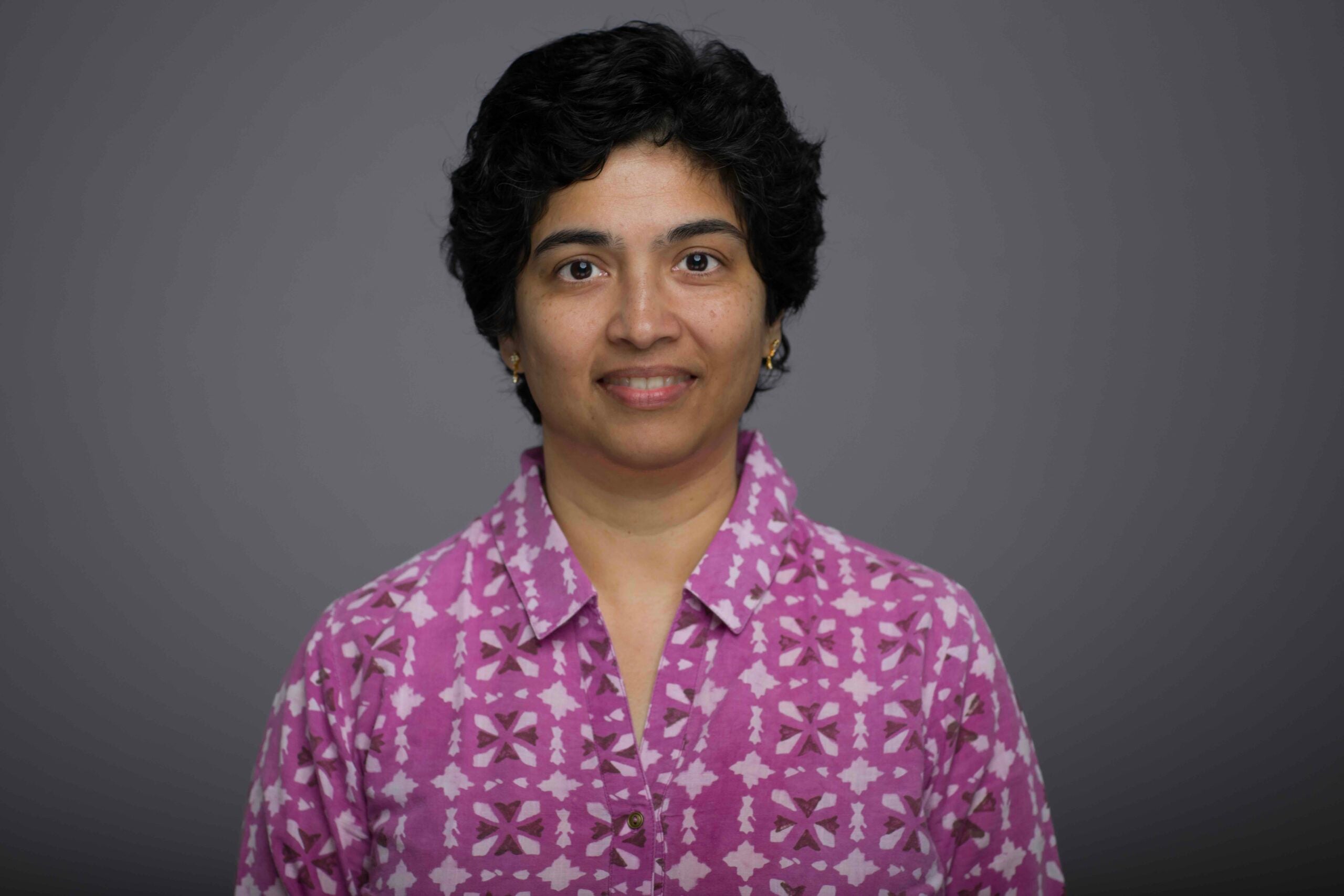
Dr. Anjana Jacob
Anjana Jacob is Assistant Teaching Professor of Philosophy at Georgetown University in Qatar. Her current work focuses on how contemporary philosophical conceptions of consciousness have been limited by technical concepts in modern logic. Her research spans the areas of philosophy of mind, philosophical logic and Kantian ethics. At Georgetown Qatar, Anjana teaches a range of courses from logic to philosophy of gender. She takes an interest in expanding the philosophy curriculum to include philosophers and writings from non-Western traditions that are typically left out. She has been a member of the faculty at Georgetown in Qatar since 2014. Anjana holds a Ph.D. in Philosophy from the University of Pittsburgh. Prior to that she studied at the University of Cambridge and the University of Delhi.
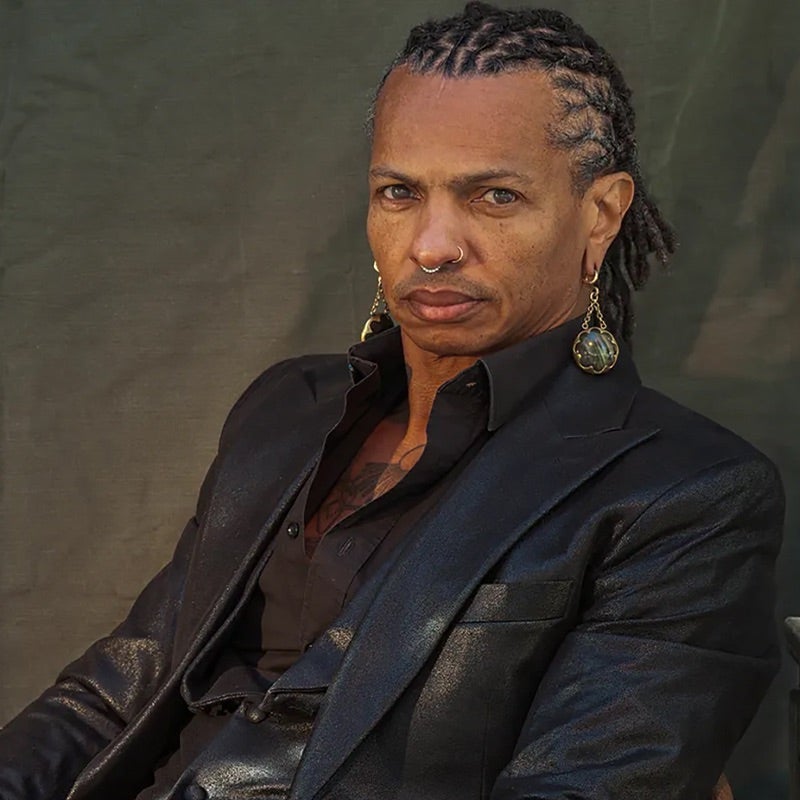
Dr. Moriba Jah
Dr. Moriba Jah is an internationally recognized, award-winning scientist, educator and MacArthur fellow acknowledged for his work in space environmentalism. With his extensive expertise in space situational awareness and astrodynamics, Dr. Jah has dedicated his career to addressing the environmental challenges posed by human activities beyond Earth.
As a sought-after speaker, consultant and educator, Dr. Jah is known for his ability to bridge the gap between scientific research and public understanding, making complex concepts accessible and engaging no matter the audience. His work has not only contributed to the advancement of space science but also inspired individuals, governments and organizations to embrace sustainable practices and work towards a harmonious coexistence with the cosmos.
Dr. Jah has given hundreds of lectures, speeches and invited talks, such as testimony for hearings of U.S. Congressional committees, keynotes, plenary lectures for scientific conferences, lecture series for NATO’s Science and Technology Organization, TED and TEDx talks and the Air Force Research Laboratory’s INSPIRE series.
Dr. Jah has served as a member of the U.S. delegation to the United Nations Committee on the Peaceful Uses of Outer Space (UN-COPUOS). Along with Steve Wozniak, he is also the co-founder and chief scientist for Privateer Space Inc., a company focused on delivering bespoke decision intelligence at the speed of relevance addressing humanity’s problems.
Dr. Jah’s expertise, opinions and research have been featured in many media outlets, including NatGeo, TIME, NPR, BBC, ABC, CNN, WSJ, SpaceWatch Global, Space News, Wired, ROOM and others.
Dr. Jah is the director of the Computational Astronautical Sciences and Technologies (CAST) group within the Institute for Computational Engineering and Sciences at The University of Texas at Austin, where he is also an associate professor of Aerospace Engineering and Engineering Mechanics in the Cockrell School of Engineering. He holds the Mrs. Pearlie Dashiell Henderson Centennial Fellowship in Engineering and trains a new generation of astrodynamicists and space traffic leaders through research and education at the intersection of engineering, policy and commercialization. He has authored more than 100 scientific articles, columns, books, chapters and op-eds.
Dr. Jah founded the American Astronautical Society’s (AAS) Space Surveillance Technical Committee and Chaired the AIAA Astrodynamics Technical Committee. He is a member of the Space Security and Space Traffic Management Committees of the International Astronautical Federation (IAF) and a permanent member of the Space Debris Committee of the International Academy of Astronautics (IAA). Dr. Jah is an elected member of Scotland’s National Academy of Science and Letters as a Corresponding Fellow of the Royal Society of Edinburgh (RSE), the International Academy of Astronautics (IAA), a TED Fellow, a MacArthur “Genius Grant” Fellow and the American Institute of Aeronautics and Astronautics (AIAA), the International Association for the Advancement of Space Safety (IAASS), the AFRL, the AAS and the Royal Astronomical Society (RAS), as well as an IEEE Senior Member, Associate Editor of Elsevier’s Advances in Space Research, Acta Astronautica and Space Safety Engineering Journals.
Dr. Jah’s groundbreaking research and compassionate, collaborative global relationship-building have positioned him at the forefront of the field. With a holistic scientific approach, he has established himself as a visionary thinker in space exploration and its environmental impact.
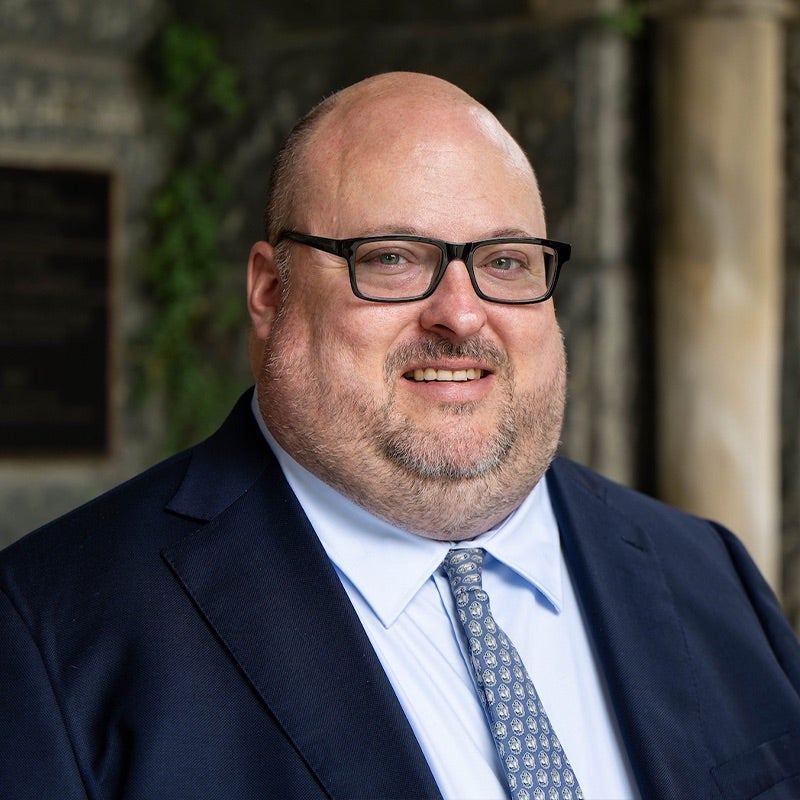
Douglas Little
Douglas Little is the Senior Associate Vice President and Chief Information Officer at Georgetown University. In this role, he partners with campus stakeholders and leads a diverse and dynamic team of technology experts to implement a vision for the continual modernization of the technological infrastructure that supports Georgetown’s academic mission of teaching, learning and research in our increasingly connected world. Doug and the UIS team work to uphold the UIS mission of a commitment to service excellence, achieved through collaboration with the diverse Georgetown community to foster innovative solutions that improve our world.
Prior to joining UIS, Doug served in a variety of roles across functional areas within higher education, including serving as the Director of First Year Experience and Director of the Thomas P. Johnson Student Resource Center at Rollins College, the Director of Orientation and Family Programs and Services at George Mason University, and the Senior Assistant Dean of Academic Affairs for the Georgetown University School of Nursing & Health Studies, where he helped launch the university’s first online degree program. Within these roles, Doug has provided organizational leadership in the areas of technology innovation, advising, enrollment services, admissions, leadership development, and international service learning.
Doug began his partnership with UIS in 2016 when he was selected as the academic co-sponsor for the groundbreaking Georgetown360 project which modernized Georgetown’s advancement systems and achieved an integrated, campus wide approach to alumni and donor engagement in advance of the Office of Advancement’s Called to Be campaign.
Since joinoing UIS full time in 2018 Doug has provided strategy and leadership around major projects including de-customizing and modernizing the Banner student information system, leading the university’s transition to remote learning and work during the Covid 19 crisis, enhancing the Georgetown Management System (GMS) and Business Intelligence (BI) systems, and developing a roadmap for increased research support.
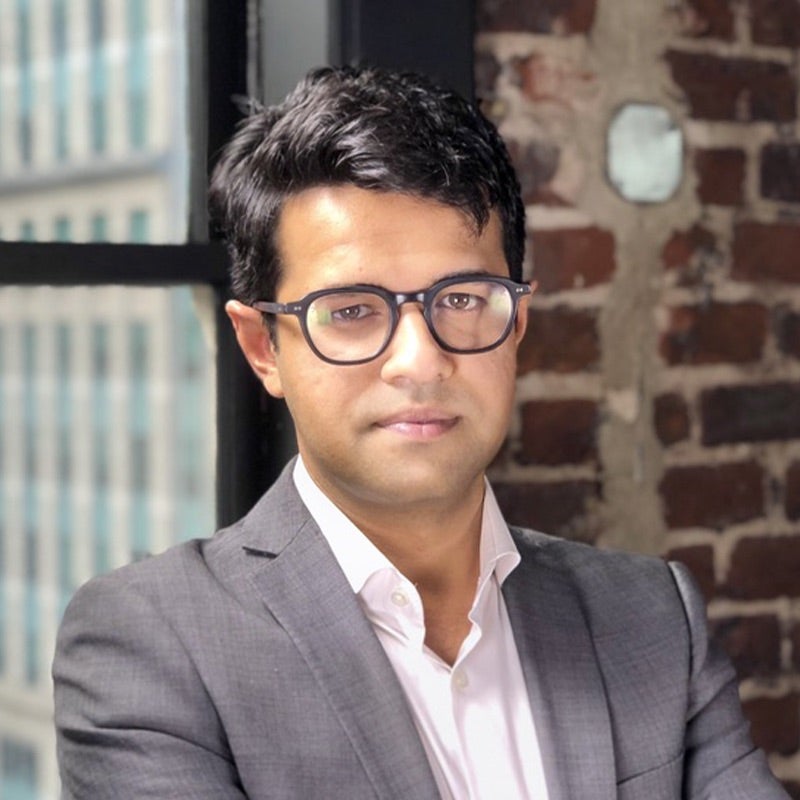
Dr. Saurabh Mishra
Saurabh is the Founder and CEO of Taiyō.AI, leading the evolution in the global construction, infrastructure, and government spending sectors by introducing a novel data and AI platform designed to streamline efficiency and improve outcomes.
Dr. Mishra’s career has spanned diverse roles that integrate research, teaching, policy with a focus on AI, AI policy, megaprojects, risk management, and decision-making. His research is focused on a systems architecture approach to Artificial Intelligence (AI) and how such systems can help humans make more sustainable investment and policy decisions. Previously, he served as the Director of the AI Index at the Stanford University’s Institute for Human-Centered Artificial Intelligence (HAI). He has taught various business and policy programs including at UC Berkeley, University of San Francisco. Prior to these roles, he served at the World Bank, International Monetary Fund (IMF), and the International Finance Corporation (IFC) leading key projects in emerging markets and leading economic research exploring topics of economic growth, technology, inequality, economic development.
He currently serves as a Visiting Fellow at the Bank for International Settlements (BIS), non-resident fellow at the Brookings Institution, OECD.AI member of AI experts. He received a PhD in Reliability Engineering from the Clark School of Engineering at the University of Maryland, College Park.
Dr. Mishra’s research has been published in various journals including Scientific Reports – Nature, Journal of Risk Analysis, Journal of Service Research, Journal of International Money and Finance, Open Economies Review, Structural Change and Economic Dynamics, books by Oxford University Press, as well as numerous World Bank and IMF Policy Papers. He’s a frequent keynote speaker and guest lecturer at business, policy, and academic forums.
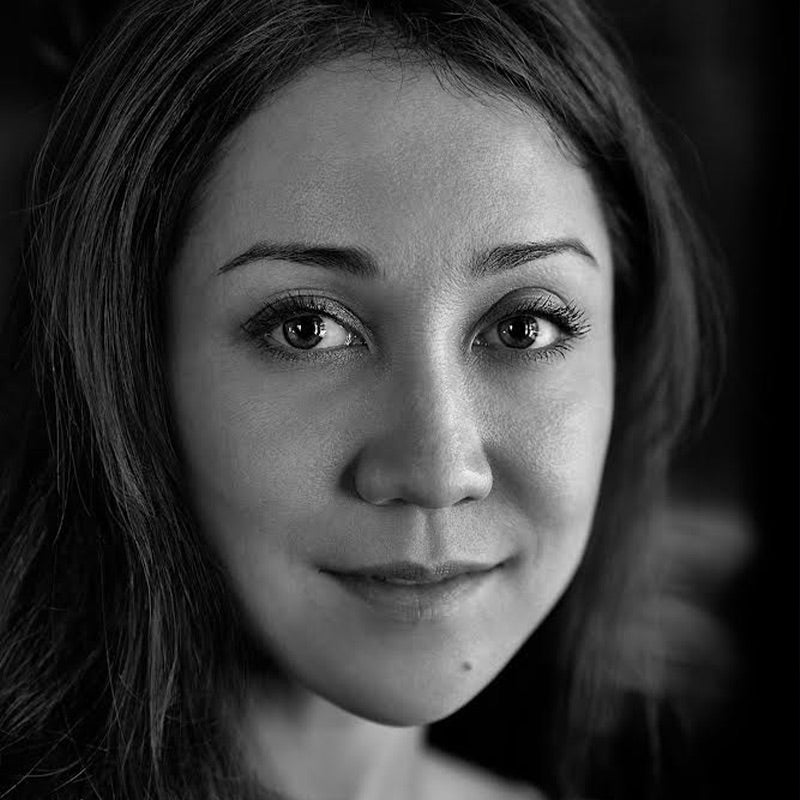
Dr. Merritt Moore
Dr. Merritt Moore graduated with an undergraduate degree in physics from Harvard and with a PhD in Atomic and Laser Physics from the University of Oxford. She is Adjunct Professor at NYU Abu Dhabi teaching “Creative Robotics & Tech, ” a course that fuses innovation, entrepreneurship, science and technology. She was a professional ballet dancer with the English National Ballet, Norwegian National Ballet, Zurich Ballet, and continues to perform with Boston Ballet. During the pandemic, Moore brought her passions together to dance with robots she programmed. She has now been invited to perform with robots at the World Economic Forum in Davos, Forbes Women’s Summit in Abu Dhabi, WORLD.MINDS in Belgrade, Switzerland, Germany, Mexico, France, Romania, USA and more. This led to collaborations with Louis Vuitton and features in TIME, Financial Times (FT), Vogue, BBC. Her interdisciplinary work earned her a spot in Forbes 30 under 30. Merritt was one of the 12 candidates selected to undergo rigorous astronaut training on BBC Two “Astronauts: Do you have what it takes?”, and she was down to the final 16 artists selected for the DearMoon project, which aimed to travel around the moon on SpaceX’s Starship.
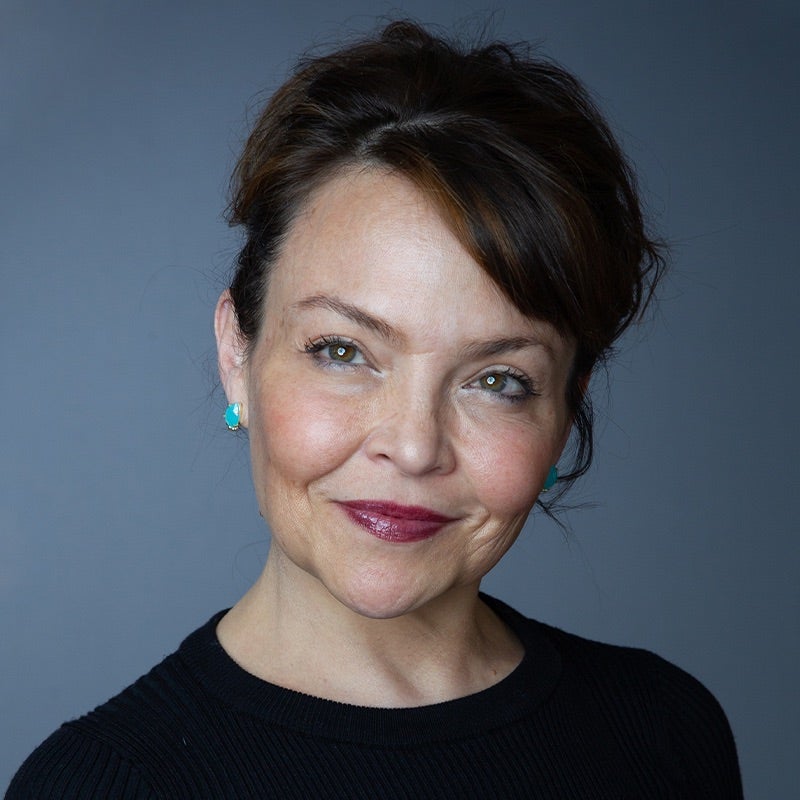
Rika Nakazawa
Rika is a technology leader, VC investor, best-selling author, and frequent public speaker on technology-powered industry transformation. She is Chief Commercial Innovation at NTT, a leading technology and business services and solutions provider with more than 340,000 innovators around the world. Her current focus is on advancing commercial and sustainability applications of Space & Satellite innovations and orchestrating impact initiatives across global public and private sectors for the next World Expo in Osaka 2025. Recognized by Forbes for their 2025 50>50 list for Women in Innovation, Rika has also received “Power 70” and “Power 80” accolades from The Channel Co’s CRN network and is ranked among the “Top 100 in Emerging Tech” by Women of the Future.
Trilingual in Japanese, German, and English, Rika grew up in Japan and moved to the US to attend Princeton University. Rika has since worked internationally in senior executive roles in strategy, business development, consulting, and marketing with Fortune 500 companies – NVIDIA, Accenture, Capgemini, Sony – and Silicon Valley startups. She is a digital innovation veteran and has served on multiple boards in AI, Next-Gen Computing, XR/VR/AR and Cybersecurity ecosystems. Rika was co-founder of STRIDES AI and is currently a board director of Venus Shell Systems – a regenerative blue economy enterprise.Rika is the best-selling author of “Dear Chairwoman” – featuring the trials and triumphs of women corporate board leaders. Her next book, featuring the intersection of sustainability, digital innovation, and the pandemic, called “Beyond the Black Swan: How the Pandemic and Digital Innovation Intensified the Sustainability Imperative – Everywhere”, was released by business/academic publisher Taylor & Francis earlier this year.

James Olsen
James has an MA in International Affairs from George Washington University, with a concentration in conflict resolution and the Middle East, and a PhD in Philosophy from Georgetown University, with a specialization in the intersection of phenomenology and philosophy of perception. His primary focus, however, has been environmental philosophy. He teaches in both philosophy and environmental studies. He has founded or co-organized numerous student and university programs and events related to climate change and environmental sustainability, including trips to high-level international summits.
After fifteen years on Georgetown’s DC campus, he now serves as the Associate Director for Pedagogy and Innovation at Georgetown University in Qatar, working to improve teaching excellence at all levels. He has spent much of the past two years focused on the impact, dangers, and possibilities for higher education posed by artificial intelligence.
Although caught up in living multiple lives at once, Jamie’s primary interest is his wife and children and their goal of building a permanent and fully sustainable home in Neverland.
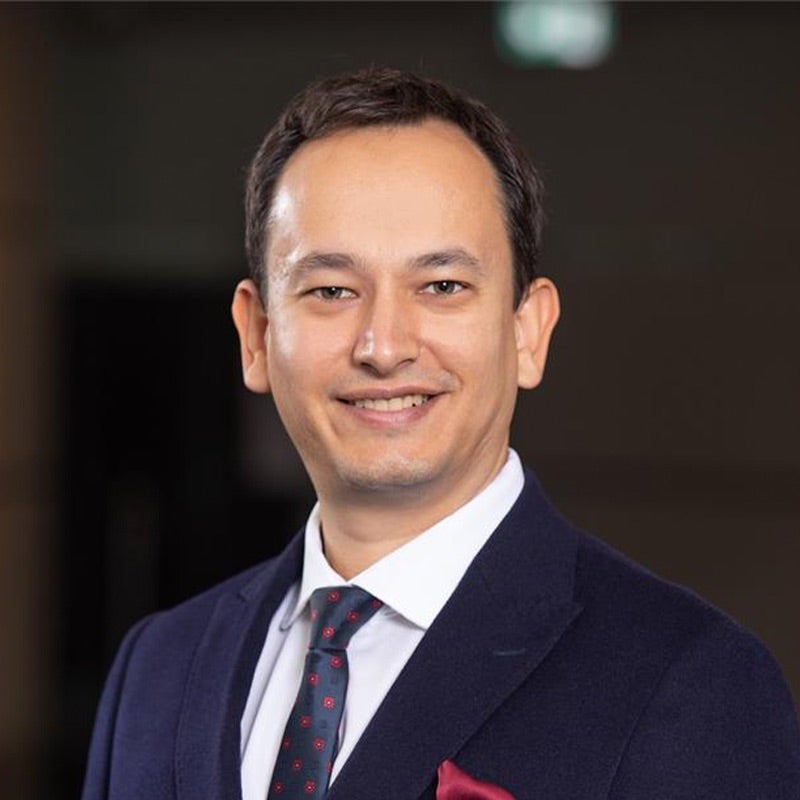
Hakan Ozdemir
Hakan Ozdemir joined Siemens in 2014 as director of strategy and business development in Turkey. He later served as the CEO of Siemens in Qatar starting in October 2022, and the role of CEO of Siemens Smart Infrastructure in the Middle East in October 2023.in October 2022. With extensive experience in industry, infrastructure, healthcare, and technology, Ozdemir previously worked at AT&T and IMS Consulting Group, advising major companies on digital transformation and strategy. At Siemens Turkey, he held various roles and led projects valued at over €1 billion before his appointment as VP and head of sales. Ozdemir advocates for implementing transformative technologies like AI, cybersecurity, and 5G. He holds degrees in chemistry from Boğaziçi University and an MBA from the University of West Georgia.
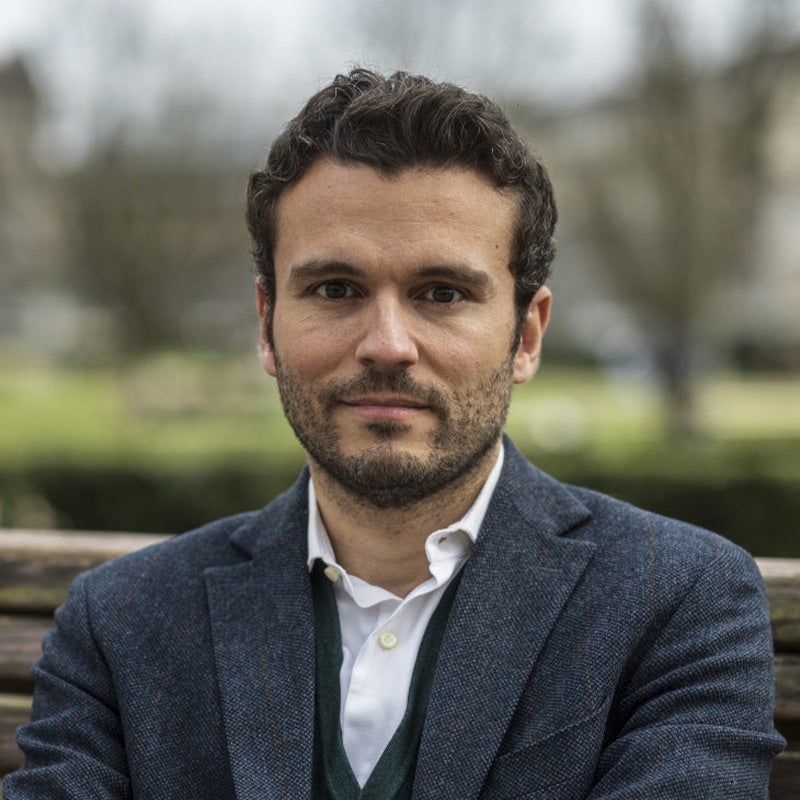
Alessio Terzi
Alessio Terzi is an economist working at the intersection of academia, think-tanks, and policy. He is an Assistant Professor in Public Policy at the University of Cambridge and an Adjunct Professor in Economics at Sciences Po in Paris. He is the author of Growth for Good (Harvard University Press): a Foreign Affairs Best Book of the Year, and a Financial Times summer reading favourite.
Over more than 5 years at the Directorate General for Economic and Financial Affairs of the European Commission, he helped design the overall economic strategy associated with the European Green Deal. Prior to that, he was a Fellow at Bruegel, the leading European economic think-tank, and a Fulbright Scholar at the John F. Kennedy School of Government of Harvard University. He has work experience from the European Central Bank and BMI Research (Fitch Ratings). In the past, he taught at HEC Paris and Sciences Po Lille.Alessio carried out his studies at the London School of Economics, Bocconi University, the Hertie School, and Dartmouth College. His policy work and commentaries have been featured on leading media outlets including the New York Times, the Financial Times, The Wall Street Journal, BBC World News, and Bloomberg.
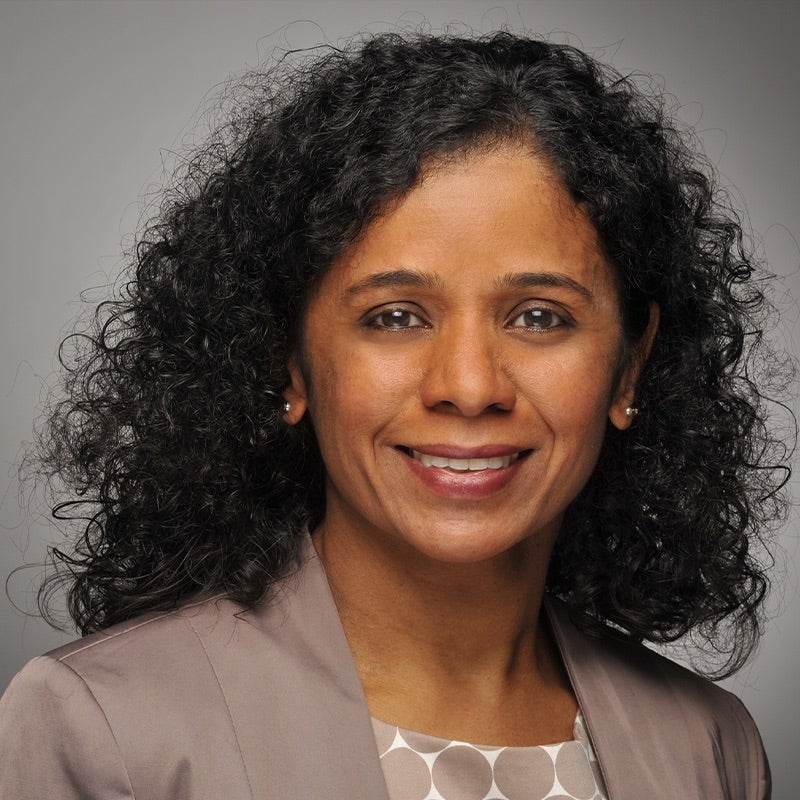
Dr. Sahana Udupa
Sahana Udupa is Professor of Media Anthropology at LMU Munich; Berkman Klein Fellow and Joan Shorenstein Fellow at Harvard University; and founder of the Center for Digital Dignity. Author of several books, she researches online extreme speech, AI and disinformation, content moderation, global digital cultures, and platform governance. Her recent article, “Ethical scaling: Extreme speech and the (in)significance of artificial intelligence”, which she co-authored with Antonis Maronikolakis and Axel Wisiorek, won the 2023 Outstanding Article Award at the International Communication Association. Udupa is the recipient of the Franqui Chair award in Belgium and numerous grant awards. She recently gave a keynote address at the UN Peacekeeping symposium on digital transformation based on the UN commissioned research paper on digital technology and online hate that she has authored. She is currently setting up a new multiyear project on contentious speech on small social media platforms, funded by the European Research Council Consolidator Grant.